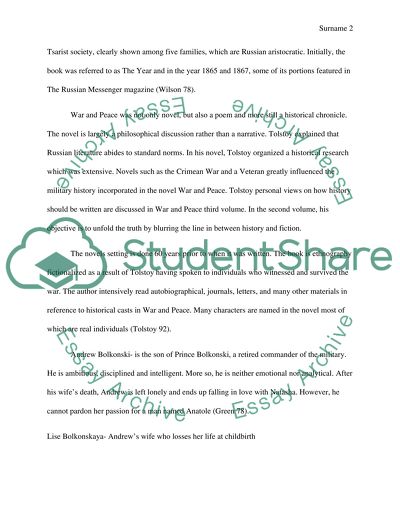Cite this document
(“Tolstoy's Concept of Power and Leadership. War and Peace Research Paper”, n.d.)
Retrieved from https://studentshare.org/literature/1397489-tolstoys-concept-of-power-and-leadership-war-and-peace
Retrieved from https://studentshare.org/literature/1397489-tolstoys-concept-of-power-and-leadership-war-and-peace
(Tolstoy'S Concept of Power and Leadership. War and Peace Research Paper)
https://studentshare.org/literature/1397489-tolstoys-concept-of-power-and-leadership-war-and-peace.
https://studentshare.org/literature/1397489-tolstoys-concept-of-power-and-leadership-war-and-peace.
“Tolstoy'S Concept of Power and Leadership. War and Peace Research Paper”, n.d. https://studentshare.org/literature/1397489-tolstoys-concept-of-power-and-leadership-war-and-peace.


